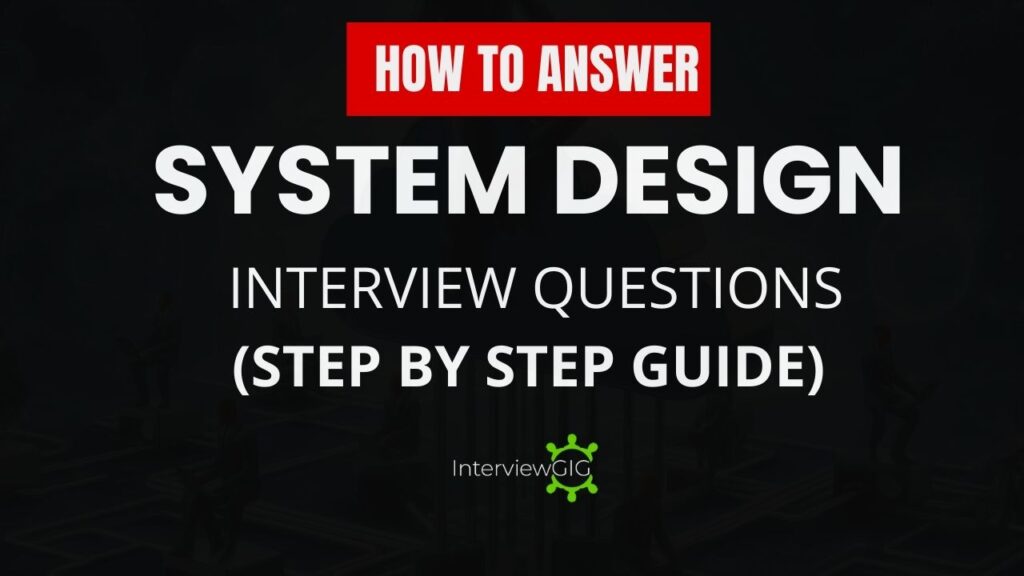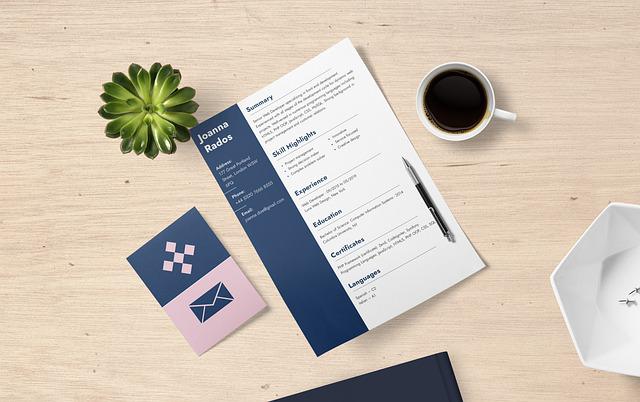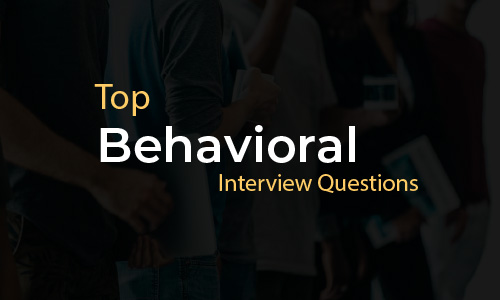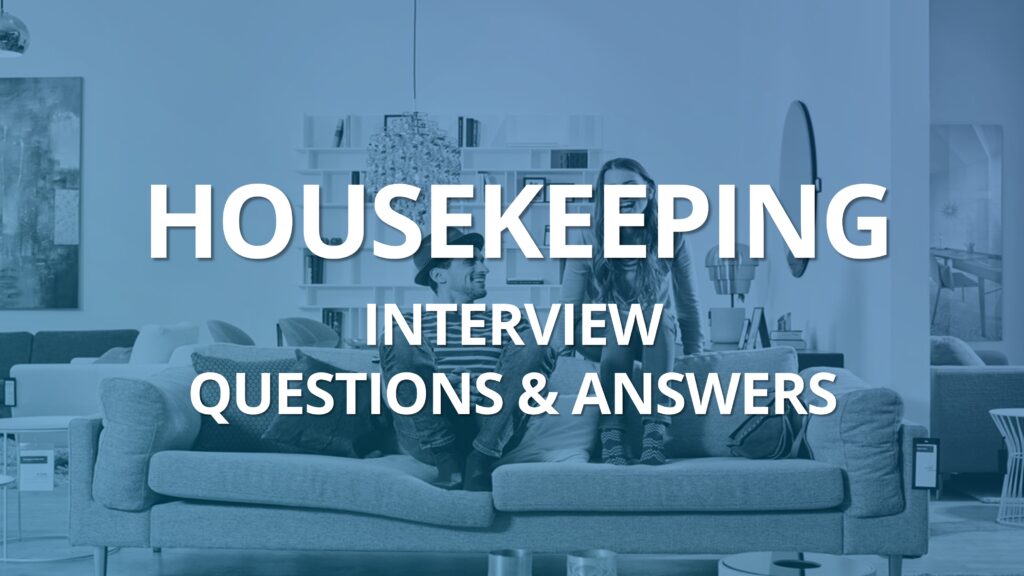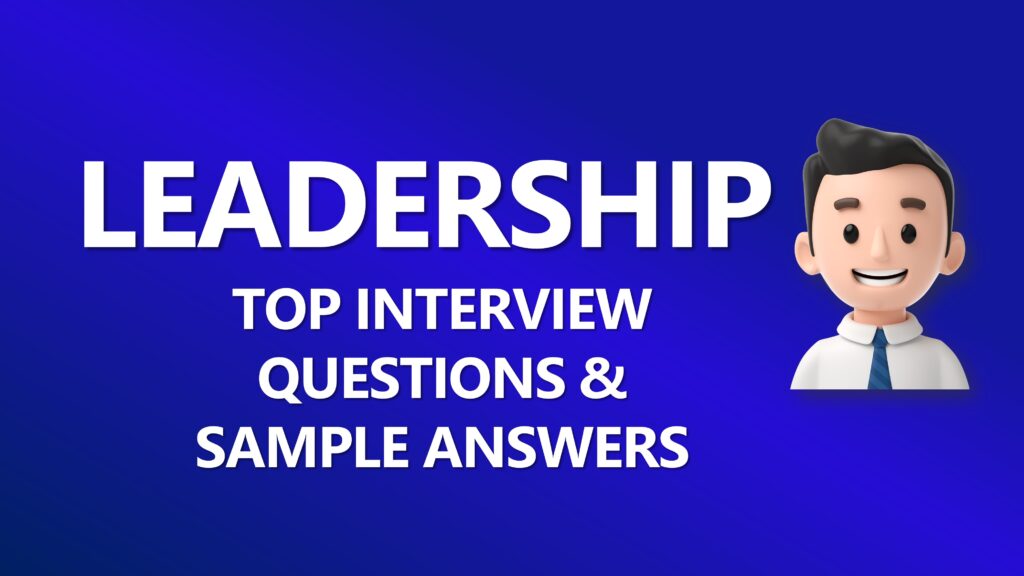A Phone Interview plays a pivotal role in the hiring process offering employers a preliminary glimpse into candidates’ qualifications and communication skills. To navigate these interviews successfully, candidates should anticipate a range of commonly asked questions. Here, we present a compilation of 20 frequently encountered phone interview questions designed to help applicants prepare effectively and articulate their experiences and suitability for the role.
Here’s a professional guide to navigate phone interviews in Top Tech companies in 2024
General Inquiries:
- Self-Introduction: Articulate your value proposition concisely, highlighting key skills and experiences relevant to the position. Research the company and tailor your introduction to showcase alignment with their values.
- Motivations: Demonstrate genuine interest by explaining why you’re drawn to this specific role and company. Connect your skills and career aspirations to the opportunity.
- Career Transition: Focus on positive aspects of your career move, such as seeking growth or new challenges. Avoid negativity or criticism towards your current employer.
- Strengths & Weaknesses: Choose strengths directly relevant to the role and provide concrete examples showcasing their application. Acknowledge weaknesses and demonstrate your proactive approach to improvement.
- Salary Expectations: Research average salaries for the position and location. Be flexible and open to negotiation, leaving room for discussion.
- Questions for the Interviewer: Prepare thoughtful questions about the company, role, team dynamics, or culture. This shows initiative and genuine interest.
Technical & Skill-Based Assessments:
- Anticipate questions that evaluate your technical expertise and knowledge aligned with the role.
- Be ready to discuss relevant projects, problem-solving approaches, and specific tools or technologies you’re proficient in.
- Articulate your thought process clearly and provide concrete examples of successful implementation.
Behavioural & Situational Evaluations:
- These questions aim to assess your work ethic, communication skills, and problem-solving abilities in real-world scenarios.
- Use the STAR method (Situation, Task, Action, Result) to structure your responses, highlighting specific examples of challenges faced, teamwork contributions, or leadership qualities demonstrated.
Company-Specific Inquiries:
- Research the company thoroughly and be prepared to discuss what resonates with you about their work, mission, and values.
- Be ready to answer questions about your understanding of their industry, products, or services, demonstrating your informed interest.
Professional Tips:
- Project Confidence & Enthusiasm: Maintain a confident and enthusiastic tone throughout the interview.
- Clarity & Conciseness: Speak clearly and avoid filler words. Structure your responses concisely and effectively.
- Genuine Interest: Show genuine interest in the company and the role by actively listening and asking thoughtful questions.
- Honesty & Transparency: Be honest and truthful in your responses, even when discussing challenges or weaknesses.
- Gratitude & Follow-up: Express your appreciation for the interviewer’s time with a thank-you email after the interview.
Here are some of the most commonly asked 20 Phone Interview Questions and Answers
Question 1: Can you Tell me a little about Yourself?
Sample Answer: I am a dedicated professional with a background in [your field]. In my previous role at [previous company], I successfully [highlight a key accomplishment or responsibility]. Outside of work, I am passionate about [relevant hobby or interest] and continually stive for personal and professional growth.
Question 2:What Attracted you to Apply for This Position?
Sample Answer: The innovative approach and industry leadership of your company immediately caught my attention. I am particularly drawn to the challenging nature of the role, where I believe my skills in [specific skill] and experience in [relevant experience] align seamlessly with the company’s goals.
Question 3: What do you know about our company and our products/services?
Sample Answer: Your company is a recognized leader in [industry] known for [specific achievements]. I am impressed by your commitment to [mention any values or initiatives] and the way you consistently deliver high-quality [products/services] that [impact on customers or market].
Question 4: How did you hear about the job opening?
Sample Answer: I came across the job opening on [specific job board or company website]. After researching more about the position and your company, I was eager to apply due to the exciting challenges and opportunities it presents.
Question 5: Walk me through your resume and highlight relevant experiences.
Sample Answer: Beginning my career at [previous company], I honed my skills in [mention skills]. At [current or recent company], I further developed my expertise by successfully leading [mention a specific project or achievement]. These experiences have equipped me with the tools to excel in the [desired position] at your esteemed company.
Question 6: What motivated you to pursue a Career in the IT industry?
Sample Answer: The dynamic nature of technology and its transformative impact on businesses and society motivated me to pursue a career in the IT industry. I’ve always been fascinated by problem-solving and the endless possibilities that technology offers to streamline processes and drive innovation. It’s rewarding to be part of an industry that constantly evolves, presenting new challenges and opportunities to learn and grow.
Question 7: What are your key Strengths and Weaknesses?
Sample Answer: My key strengths include strong analytical skills, attention to detail, and the ability to adapt quickly to new technologies. I’m also adept at collaborating with cross-functional teams to achieve common goals. However, I sometimes find it challenging to delegate tasks effectively, as I tend to take on too much responsibility at times. I actively work on improving my delegation skills to ensure optimal team efficiency.
Question 8: What specific skills or qualifications make you stand out as a candidate?
Sample Answer: My proficiency in [mention specific programming languages, software, or tools] coupled with my hands-on experience in [mention relevant projects or areas of expertise] uniquely position me as a standout candidate. Additionally, my strong communication skills and ability to translate technical concepts into layman’s terms enable me to effectively collaborate with stakeholders across departments, fostering a cohesive working environment.
Question 9: How do you handle challenging situations or conflicts at work?
Sample Answer: When faced with challenging situations or conflicts at work, I approach them with a calm and rational mindset. I believe in open and transparent communication, actively listening to all perspectives involved. By understanding the root cause of the issue, I work collaboratively with team members to find mutually beneficial solutions. I’m also not hesitant to seek guidance from mentors or supervisors, when necessary, as their insights can offer valuable perspectives in resolving conflicts effectively.
Question 10: Why do you believe you are the right fit for this role?
Sample Answer: With my comprehensive background in [mention relevant experiences, skills, or qualifications], I am confident in my ability to make meaningful contributions to the team and drive the success of the projects in this role. My passion for [mention specific aspect of the role or industry] aligns seamlessly with the company’s objectives, and I am eager to leverage my expertise to help achieve its strategic goals. I am committed to continuous learning and growth, which I believe makes me a perfect fit for the dynamic environment of this role.
Question 11: Can you provide an example of a successful project you worked on in the past?
Sample Answer: In my previous role, I led a project to implement a new customer relationship management (CRM) system. Recognizing the need for a more streamlined process, I collaborated with cross-functional teams to identify requirements and ensure a smooth transition. By actively involving end-users in the testing phase and providing comprehensive training, we not only successfully implemented the CRM system on time but also increased overall efficiency by 20%, resulting in positive feedback from both internal stakeholders and clients.
Question 12: How do you prioritize and manage your workload effectively?
Sample Answer: I use a combination of time management tools and strategic prioritization. For instance, in a previous role where I handled multiple projects simultaneously, I employed project management software to create detailed timelines and task lists. By categorizing tasks based on urgency and importance, I ensured that critical deadlines were met without sacrificing the quality of work. Regular check-ins with the team helped in identifying potential bottlenecks and adjusting priorities as needed.
Question 13: Describe a time when you had to meet a tight deadline. How did you handle it?
Sample Answer: During a product launch, unexpected delays threatened to push us past the deadline. I immediately initiated a meeting with the team to reassess priorities and reallocate resources. By redistributing tasks based on individual strengths and expertise, we optimized our workflow. Additionally, I fostered open communication, keeping the team informed of the urgency while maintaining a positive and collaborative atmosphere. Through this approach, we not only met the tight deadline but also delivered a high-quality product that exceeded expectations.
Question 14: How do you adapt to changes in technology or processes in your field?
Sample Answer: In my previous role, our company decided to transition from traditional development methodologies to Agile. To adapt, I proactively enrolled in Agile training, becoming a certified Scrum Master. I also organized workshops for the team to facilitate a smooth transition. By embracing the change and encouraging a culture of continuous learning, we successfully adopted Agile practices, resulting in increased productivity, faster time-to-market, and improved collaboration among team members.
Question 15: Can you share an example of a difficult decision you had to make at work?
In a leadership position, I had to make a tough decision to reallocate resources from a project that showed potential but was struggling, to a more critical project with a looming deadline. This required transparent communication with both project teams, explaining the rationale behind the decision and the overall benefit to the organization. While challenging, the decision resulted in the successful completion of the high-priority project, and we later revisited and revamped the struggling project with a more strategic approach, ultimately leading to its success as well.
Question 16: How do you handle feedback, both positive and constructive criticism?
Sample Answer: I view feedback, whether positive or constructive, as an opportunity for growth. For instance, in my previous role, I received positive feedback on my project management skills, which motivated me to take on more leadership responsibilities. On the flip side, when constructive criticism was provided regarding my communication style, I proactively sought additional training in effective communication. This not only improved my interactions with colleagues but also demonstrated my commitment to continuous improvement and professional development.
Question 17: What are your long-term career goals, and how does this position align with them?
Sample Answer: My long-term goal is to become a leader in the field of [your field]. This position aligns perfectly with my aspirations as it offers opportunities to [mention specific aspects of the role such as leadership, skill development, or project management]. For example, by taking on progressively challenging projects and leveraging the mentorship program mentioned in the job description, I believe I can develop the skills and experiences necessary to advance into a leadership role within the company.
Question 18: Are you open to working different shifts?
Sample Answer: Yes, I am open to working different shifts. In my previous role at [previous company], I worked on a project that required collaboration with international teams across different time zones. This experience not only honed my ability to effectively communicate and coordinate with team members working various shifts but also showcased my flexibility and adaptability to different work schedules.
Question 19: Are you willing to relocate?
Sample Answer: Absolutely. I am open to relocating for the right opportunity. In fact, my previous role involved a relocation to spearhead a new project, and it was an enriching experience. The exposure to a new environment not only broadened my professional network but also allowed me to contribute to the company’s growth in a different location. I value the prospect of bringing my skills and experiences to contribute to the success of your team, regardless of the location.
Question 20: Do you have any questions for us about the company or the role?
Sample Answer: Yes, I’m curious about the company’s approach to professional development. Can you provide insights into the opportunities for skill enhancement and career growth within the organization? Additionally, I’m interested in understanding more about the team dynamics and the collaboration process between different departments. Could you elaborate on how cross-functional teams typically work together on projects within the company?
Additional Tips:
- Project confidence and professionalism in your tone and responses.
- Articulate your thoughts clearly and concisely, avoiding filler words.
- Express genuine enthusiasm and interest in the company and role.
- Maintain honesty and integrity throughout your responses.
- Send a thank-you email after the interview, reiterating your interest and key qualifications.
Remember, preparation is key. Research the company, practice common questions, and tailor your responses to the specific opportunity you’re pursuing. Best of luck in your phone interviews!
